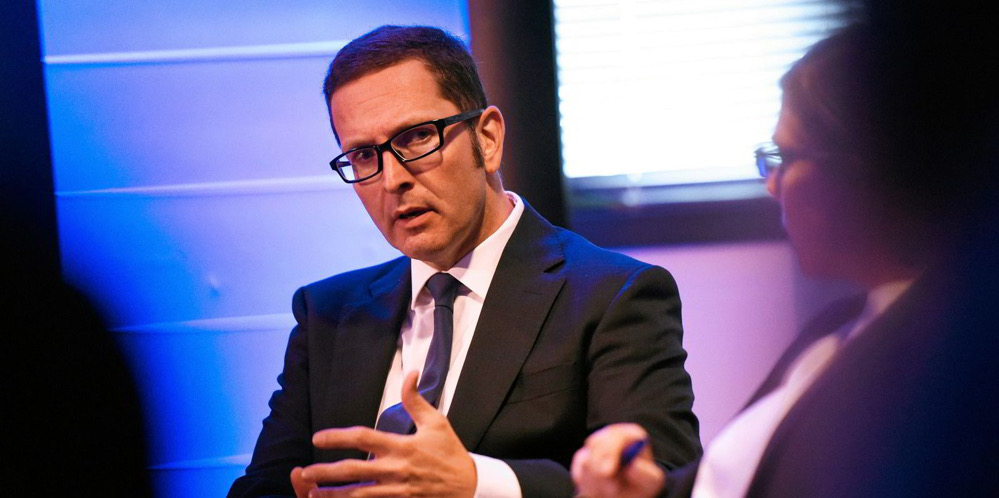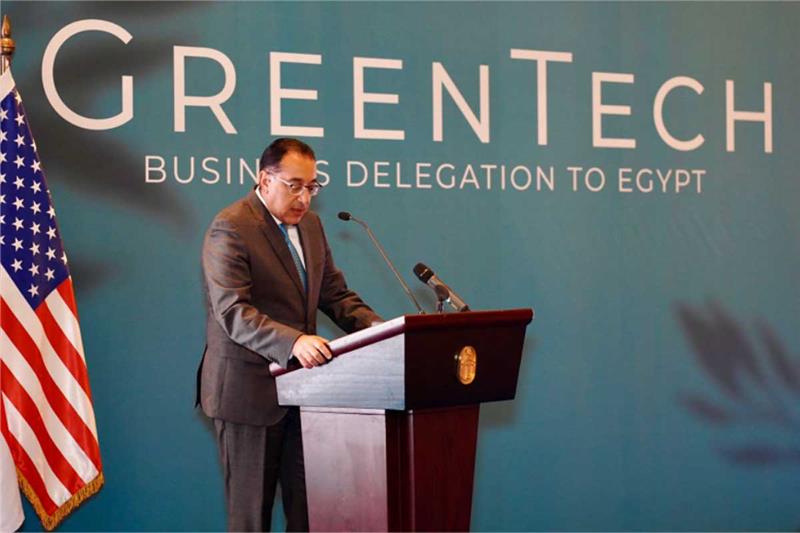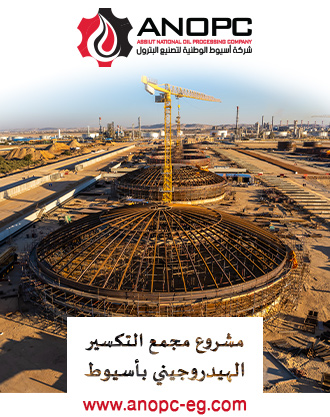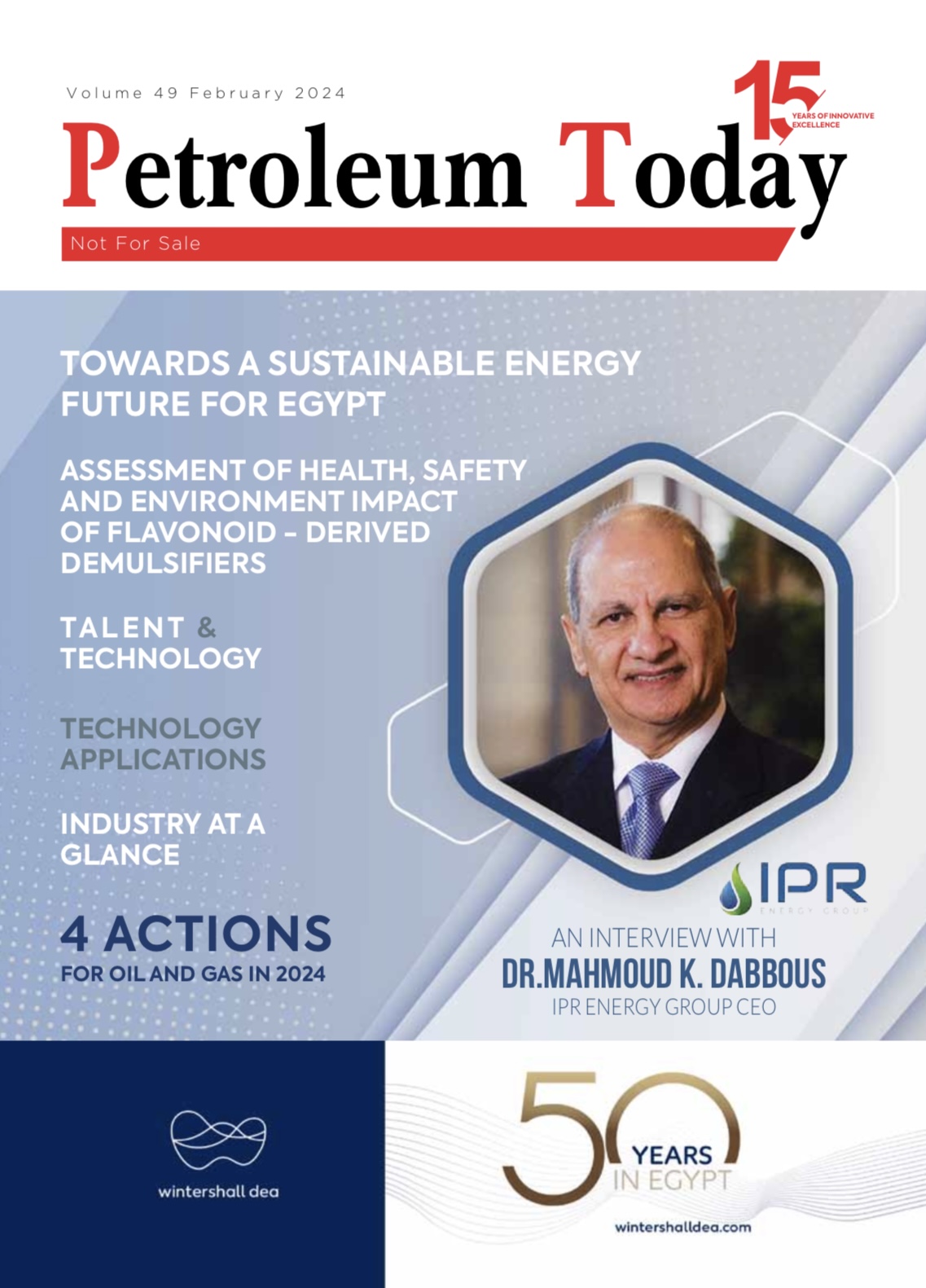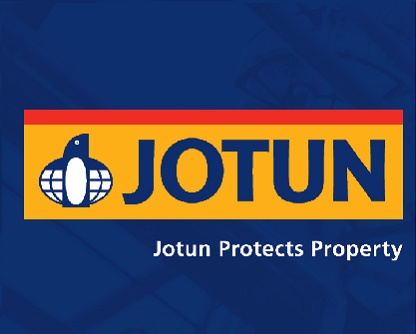Interviews
Acceleration of digitalisation is shaking up the process industry
Published on : 2020-10-08
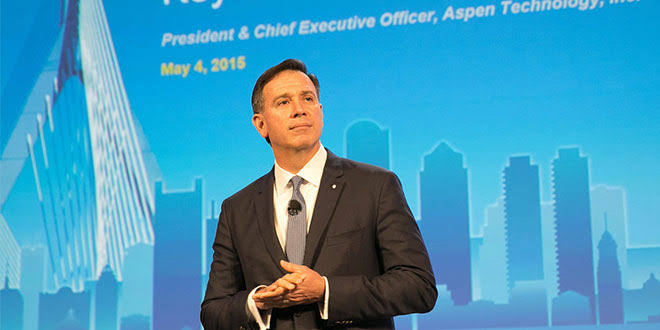
The President and CEO of Aspen Technology, Antonio Pietri, spoke exclusively with Julian Walker about the impact COVID-19 has had on the process industry and how the acceleration of digitalisation will result in the creation of a self optimising plant.
Pipeline - AspenTech, like many companies in the process industry, have had to face a new energy landscape in the wake of the COVID-19 pandemic that first appeared in China in January this year.
“Like a lot of companies that operate in China, we of course felt the impact there first. We locked down our operations in January and then in March, as COVID spread to other countries, we announced a work-from-home policy in the rest of the world,” said Pietri.
As the pandemic spread and travel around the world came to halt as countries went into lockdown, companies had to change the way they operate. Pietri feels that AspenTech reacted in the right manner and in fact, came up with a clever e-learning programme designed to help its customers.
“Very quickly after we started working from home, something I am very proud our team did, was to realise that all of our users and customers were also working from home. In response, we instituted a policy to make all of our e-learning freely available and as a result, we saw a massive uptake of our virtual courses. In a period of about six months, 1,000 engineers in the Middle East have taken advantage our free e-learning courses.”
COVID-19 also changed the way companies approached policies and procedures when it comes to remote installations.
“One of the important things we saw during the on-set of COVID-19 was our customers’ willingness to allow us access to their networks to complete remote implementations of our technology. Our customers resisted this prior to COVID-19, but now we have been able to do remote installations of our solutions as companies re-assess their policies and procedures.”
As Pietri explained, “Here we are now, several months later with many initiatives that we started back in March, becoming normal. We have continued to do business, selling remotely, and we still had a successful close to our fiscal year in June.”
What is becoming clear is that COVID-19 has brought about a speeding up of digitalisation.
“McKinsey has estimated that COVID-19 has accelerated 10 years of digitalisation and I believe that is true not only internally in AspenTech but with our customers as well. We started on a path of leveraging AI products two to three years ago. As a result, we began to understand that for artificial intelligence and machine learning to be successful in the process industry, you have to provide AI guardrails. One must train AI across the range of operations you have, just like with autonomous vehicles. Industrial AI, which is ruled by “First Principles” could lead to the holy grail for the process industry, which is an autonomous plant,” Pietri said.
Pushing for a self optimising plant
AspenTech has a vision for a fully functioning self optimised plant.
“A self optimising plant will be self-adapting and self-learning. AI can learn along the way and over time it can get smart. It can predict 45-60 days in advance when equipment is going to fail. If we have this ability to predict equipment failure, it could make a massive difference. An autonomous plant will also lead to more optimised operations. Eventually, you can have processes that become automated and the technology is making the decisions. All of this is then wrapped around a user interface that will be much more immersive for operators.”
Pietri noted that a self optimising plant will take time to deliver but with the release of Aspen Unified, he believes AspenTech has taken the first step to delivering autonomous production optimisation.
“We see several components making up this vision. One is an autonomous production optimisation, where we will be monitoring every aspect of a plant using online models for process status information and taking inputs from the supply chain to inform and drive an automated closed-loop production optimization process from planning through to the control of the process. Another component is autonomous performance engineering. We believe that we can automate the monitoring of process operations using online engineering models for everything on the plant in real time. Next we have autonomous reliability, that will allow equipment failure learning, leading to alerts for equipment failure or process degradation, and that is key because ultimately, these assets are there to meet the supply and demand requirements,” explained Pietri.
AspenTech’s CEO knows that it is a very ambitious goal and that there has been talk of a self optimising plant for many years.
“We believe we are at the cusp of beginning to deliver on that vision because there has been decades of engineering expertise that have been deployed on these assets, but now with the advent of industry 4.0 capabilities, cloud, edge computing, VR and so on, we can bring all this together, including AI, and start delivering on this vision for an autonomous plant.”
Attracting a new generation
Two aspects of a self optimising plant that will become important going forward will be the leverage technology can play in keeping and attracting people to the industry. While the other is helping to address the environmental pressure that the industry is facing.
On the technology front, Pietri commented: “A self optimising plant and the technology itself will consume a lot of data, this is why the cloud is very important. It will also serve as a bridge to a much more empowered workforce in the future and we are certainly facing a transition in the workforce. to one that has different expectations about technology. We believe that as we introduce more AI capabilities into the process industries, these industries will remain attractive to a new generation of workers who are looking to have access to these new technologies and be able to benefit from them.”
In terms of a circular economy, Pietri, stated: “We see many benefits to delivering on the self-optimising plant vision but also looking for it to serve as a bridge to new business models in oil, gas and chemicals. There are a lot of societal pressures on the industry around climate change and plastic waste. So how can we help these industries create new business models going forward, oil to chemicals or circular economy, plastics recycling?”.
Reacting to changes
The disruption brought on by COVID-19 brought many challenges. One challenge for refineries was that between the middle of March and the end of April, there was significant disruption to everyone’s supply chain. Refineries were facing big drops in demand for their refined products which was the result of a drop off in demand resulting from the lockdowns.
“Our customers were very pleased about the capabilities in our technology because they were able to change the objective function of the technology to drive the appropriate economic or operational objectives in the new reality, so instead of focusing on maximising production in a much lower demand environment, they directed the technology to really focus on the stability for operations and quality. This certainly became an issue when you’re having to operate at 60 or 70 per cent capacity in a refinery, which can create instability in operations.”
Pietri explained how a self optimising plant would have dealt with the crisis.
“What we envision, with a self optimising plant. is that it would have a higher degree of reaction. A self optimising plant will be able to deal with a change in the marco economic environment and do it in a faster manner.”
Middle East push
The Middle East region has been a growing region for AspenTech, which not only represents a large component of the world’s oil production but also refinery capacity.
“The region is very important for us,” said Pietri.
AspenTech’s CEO said that what they are hearing from companies in the Middle East is that continuing the digitalisation of their processes remained imperative regardless of the adjustments they are having to make to their budgets, in terms of OPEX or CAPEX, and that they need to continue the digitalisation processes.
“Certainly, visualisation is part of this, but more and more it is about optimisation and the use of AI capability. We are engaged with some of the largest companies in the region, deploying AI capabilities for the first time in in their operations. We have been engaged with them for 25 to 30 years in their automation journey. The fact is that the process industry started their digitalisation journey when plants started to get upgraded from analog systems to digital systems more than 40 years ago, and this has been a journey. But certainly, once you implement more and more capabilities, then you have to have a way to not only visualise that information but to provide insights from analytics supported by the collaborative workflows, to make that information accessible to people in the organisation.”
AIoT Hub
AspenTech is driving digital capabilities with the launch of its AIoT Hub announced in August.
“Our AIoT Hub is a cloud-ready infrastructure that provides all the edge connectivity to the cloud. It is a platform that will allow us to consume billions of data points with a lot of resiliency and process that data in the cloud with the use of high-performance computing. It will add a layer that will allow us to host the next generation of Industrial AI solutions that are hybrid in nature with greater visualization. Plus, workflow management for collaboration.”
He added: “We are very excited about this announcement as it is the foundation infrastructure that can deliver a self optimising plant.”
Managing data is going to be key when it comes to a self optimising plant.
“In our opinion, there are three criteria for the delivery of a successful industrial AI solution or suboptimal plan. One is data. Two is domain expertise as you need to understand what the data is telling you in the context of the industryin order to make it real. The third criteria is technology itself. AI is in the public domain and so it is available to everyone. The technology is not the barrier to entry in this new wave of technology, which is very different to the past when technology was a hurdle.”
“We believe that because AI is readily available, the real competitive advantage is taking those algorithms and wrapping them up in workflows to facilitate ease of use informed by industry expertise to create products that can be scaled by engineers.” said Pietri.
Strong outlook
Pietri is bullish about the future despite the big challenges ahead.
“The fact is that being in charge of a company in the oil and gas sector is a challenging job at the moment. These CEOs need to balance the dynamics of increasing demand for energy and consumer goods with the challenges from society around climate change and plastic waste. So how do you reconcile all of this? I believe that certainly we have technologies that will allow us to be part of that bridge into new business models.”
He added: “In the circular economy, how do you come up with new types of products that that can be fully recycled? Or what do we put in place to start doing a better job of recycling. We are also researching hydrogen as a renewable fuel, to see if electrolysis of water to produce hydrogen is an option. We are looking at what it would take to create a full supply chain around hydrogen. On carbon capture and storage (CCS), our technologies are already been used to design CCS processes.”
Pietri concluded: “Energy is an industry in transition. We feel we are going to be part of what will be required for the transition but also play an important role once those new business models are figured out over time.”


